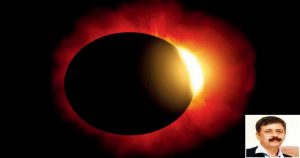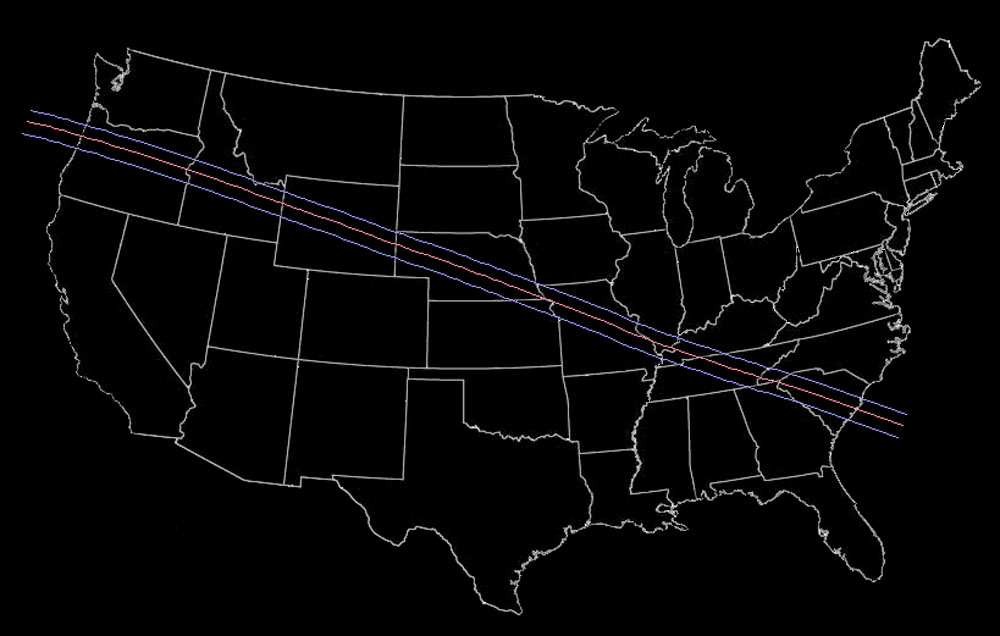
Mumbai-Based Scientist Arvind Paranjpye To Witness His Sixth Solar Eclipse From US
People are always curious about solar or lunar eclipse for various reasons, be it the curiosity in having a glance at sky’s different appearance or Sun’s being swallowed look, there are a plethora of reasons for common people to love the day.
Meanwhile, it is a cookie day for scientists, as they can explore the unknown sides of the sun. It is on that day that many secrets of the space can be unveiled, and all these reasons are enough to cloud the curiosity of people towards upcoming eclipse in the USA that will be occurred on August 21st.
Arvind Paranjpye, the man who is studying this phenomenon since four decades, the director of Nehru Planetarium, will bear witness to yet another social eclipse which is his sixth since 1980, he is now studying the shadow bands, as well as the solar corona of the sun at Idaho in the US.
Talking about his study, he was quoted saying, “For the last 39 years, I have been watching eclipses from different places. The upcoming eclipse is fairly long and will last for about 120 seconds. The weather is expected to be clear in the US, and this will ensure good visibility.”
Arvind viewed his first solar eclipse from India on February 16, 1980, followed by another one that occurred on October 24, 1995. These were followed by eclipse viewings from Iran in 1999, Africa in 2002 and China, 2009. Since the eclipse won’t be visible from the Indian subcontinent, Paranjpye decided to travel to Irwin, Idaho this year exclusively.

This time Paranjpye will be attempting to record three phenomena associated with the solar eclipse – shadow bands, solar corona, and chromosphere kinda aspects.
According to a theory, shadow bands occur when light from the crescent sun passes through the atmosphere of the earth. He will try and video-record these bands. The solar corona refers to the external atmosphere of the sun, and Paranjpye will attempt to take images from three different angles, will also be attempting to record the thin atmosphere called the chromosphere.
“Recording the spectrum of the chromosphere is important as Helium was discovered here for the first time,” he said.
Meanwhile, he clarified that there is nothing negative about this celestial occurrence. “During the 1980 eclipse, when I was a college student, I ate food and drank water through the eclipse – things that people would advise against,” he said. “Yet today, I am the director of a planetarium. It is only the hard work that takes you forward in life.”
Related Article: Upcoming Full Eclipse Might Reveal Tons Of Solar Secrets, Believes Scientists